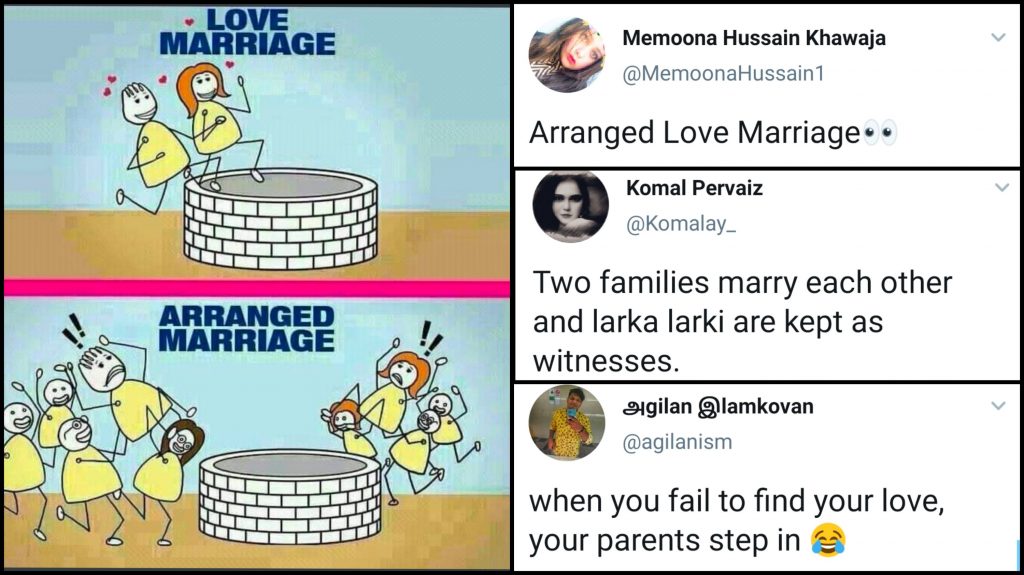


In many cultures - including some Christian, Jewish, Hindu and Sikh communities, among others - involving the couple’s parents from the outset is considered the optimal way to keep the relationship aboveboard.Ī Muzmatch app advertisement featuring a play on a famous Lionel Richie song. The Islamic ideal is that Muslim couples do not have an intimate relationship before they get married and that an appointed guardian helps guide and protect the bride in the process of finding a spouse.įor some Muslims, that means avoiding physical contact or being alone with one’s fiancé or fiancée for others, that simply means avoiding premarital sex. To be clear, Islam does not require that marriages be arranged. They’re filtering out the kinds of guys that you yourself don’t want.” “Your parents are vetting the guys for you. “It’s pretty much like a vetting system,” said Jessy Quadery, who lives in New York City and wed her husband in an arranged marriage about a decade ago. Having their parents help arrange their marriage, fully or partially, feels neither revolutionary nor regressive to them. More than a few young Muslim women have bypassed the drama in recent years by leaning into their family’s traditions of arranged marriage. And dozens of other options, from Salaam Swipe to Minder, are gaining traction among young Muslims looking to find a life partner while staying within the bounds of their faith.īut dating apps, and dating culture more broadly, often come with their own set of headaches. The co-founders of the so-called halal dating tool claim that at least 15,000 users have gotten married after meeting through Muzmatch. (RNS) - Last month, Muslim matchmaking app Muzmatch hit 1 million users around the world.


 0 kommentar(er)
0 kommentar(er)
